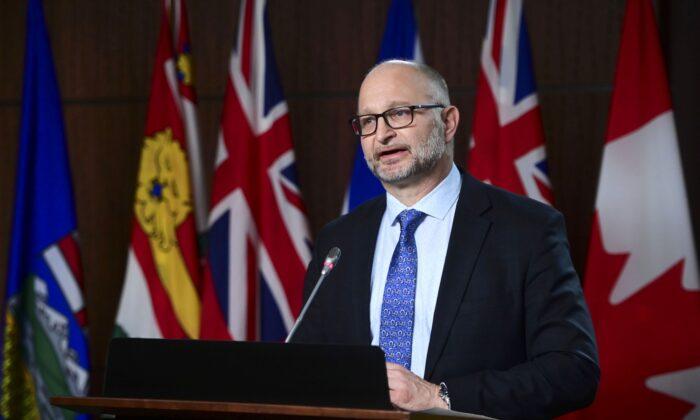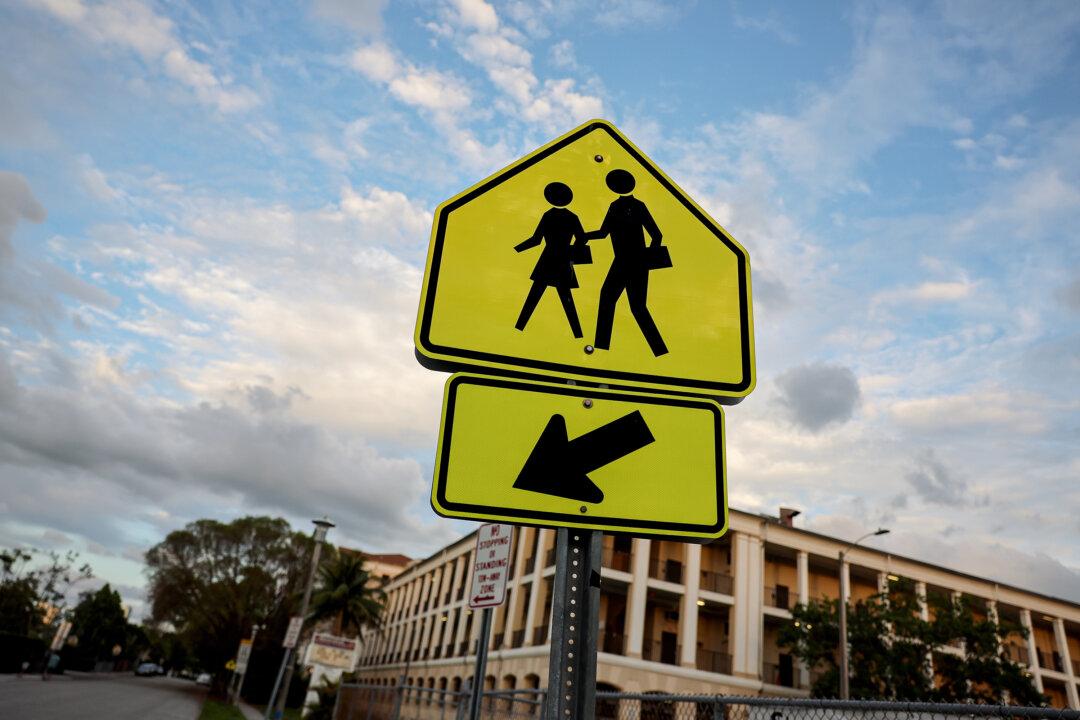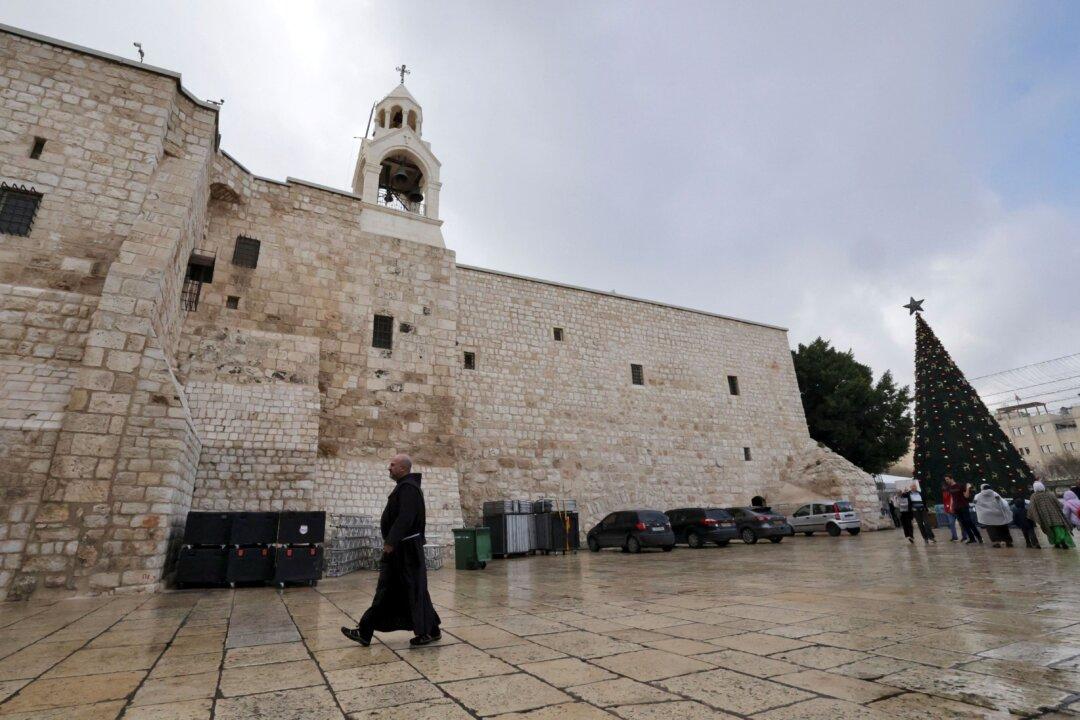Commentary
Kimberly Murray, an indigenous rights careerist appointed to advise Attorney General David Lametti on missing children, unmarked graves, and burial sites associated with the Indian Residential Schools, has submitted a controversial interim report. Most troubling amongst the recommendations, Murray urges the government to impose legal sanctions on dissenters to the now received wisdom amongst our intelligentsia and political elites that the residential schools were a form of “genocide.” Shockingly, Mr. Lametti declared himself open to the notion of civil or even criminal code options to deal with these alleged “denialists.”





